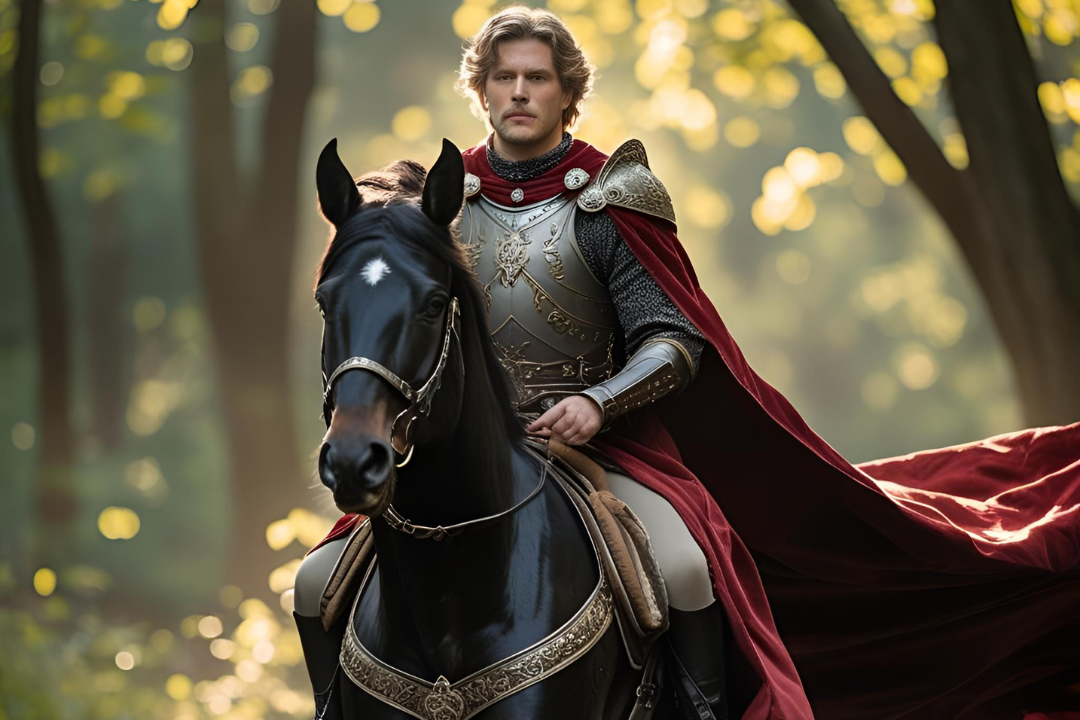Part 2: Why I Was Drawn to Strength: The Search for Safety in Relationships
How Childhood Trauma Shaped My Definition of Love
From Daydreams to Dependency
As a child, I often imagined someone would come and save me—a strong, loving figure who would take one look at the sadness in my eyes, scoop me up, and make everything okay. I didn’t know it then, but I was creating an attachment script, a psychological blueprint for how I thought love should feel. That daydream carried me through the darkest moments of my childhood, but when I became an adult, I didn’t outgrow the story. I started living it.
The fantasy became a framework. I wasn’t just looking for love—I was searching for a secure base. Someone steady, capable, and protective. Someone whose strength could shield me from the chaos I had once endured.
When Love Becomes a Survival Strategy
When you’ve been hurt by someone who was supposed to protect you, your internal understanding of love can become distorted. In psychological terms, this is often described as disorganized attachment. You may crave connection, but fear intimacy. You may mistake control for care and interpret protection as proof of worth.
I began to equate being chosen with being valuable, and being protected with being loved. I didn’t know that love could feel mutual or empowering, because I had never experienced that version. I only knew the version that came with power imbalances and silent self-abandonment.
Why I Was Attracted to Strength
It’s not unusual for survivors of childhood sexual abuse to be drawn to strong, older, or authoritative partners. This often reflects what trauma experts call repetition compulsion—an unconscious drive to recreate familiar emotional dynamics in the hope of achieving a different outcome or gaining a sense of control over the past.
In my case, I didn’t grow up with an abusive father. My dad was a kind, soft-spoken man. He was gentle, dependable, and quietly loving. He didn’t know what had happened to me, and because of that, he couldn’t protect me. Even though I never blamed him, I carried an unspoken grief: the feeling of not having been shielded when I needed it most.
So later in life, I gravitated toward someone who felt like the opposite of the man who raised me. The man I married was bold, self-assured, and unafraid to take up space. He had presence. He stood out in a room, and I thought that kind of strength would keep me safe. It wasn’t dominance I was after—it was protection. I wasn’t looking for someone to control me; I was looking for someone who could stand between me and harm.
What I didn’t yet understand was that in placing my safety in someone else’s hands, I was giving away my own power. I believed being close to strength would make me feel strong. But all it did was delay the day I learned how to hold that strength for myself.
Over time, I began to notice how much I filtered my voice, my wants, my decisions through him. He didn’t silence me—I had long since silenced myself. The abuse had taught me to defer, to shrink, to comply, and in a relationship where care was given but not truly mutual, those old patterns were reinforced, not undone.
Familiar Isn’t the Same as Fulfilling
The marriage felt safe because it was familiar. But psychological safety isn’t just about predictability—it’s about being seen, supported, and allowed to grow. What I experienced began to resemble learned helplessness: the belief that no matter what you do, change isn’t possible, so you stop trying.
I wasn’t making choices for myself. I wasn’t asking what I needed. I didn’t even know how to.
That realization—quiet but undeniable—was the beginning of change.
The Shift: Wanting More Than Survival
Through therapy, journaling, and deep reflection, I began to reclaim the parts of myself I had lost. Slowly, I stopped waiting to be rescued and started showing up for myself. I didn’t want to be protected anymore. I wanted to be seen.
Eventually, I left the marriage. There were other problems in the relationship, but I had also outgrown the version of myself who thought she needed someone stronger in order to feel whole, and instead I was learning how to take charge of my own life.
If you find yourself drawn to strength, ask yourself: is this about safety—or is it about surrendering parts of yourself for the illusion of security?
The fantasy that carried you through childhood may have helped you survive, but it doesn’t have to define your future. Real love doesn’t make you smaller. It doesn’t ask you to abandon yourself in exchange for care.
Real love walks beside you and supports you, while you reclaim every part of who you are.

